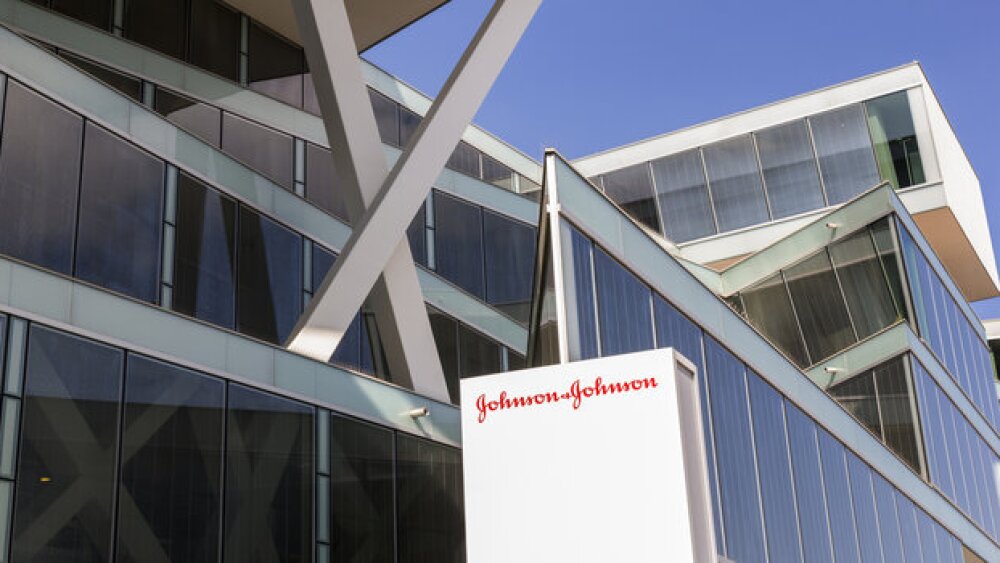April 2, 2015
By Riley McDermid, BioSpace.com Breaking News Sr. Editor
U.K.-based GlaxoSmithKline is once again playing musical chairs with its employee ranks, saying Thursday that it will move 150 research and development staffers to a new “vaccines hub” in Rockville, Md., just a month after laying off a separate group of 150 staffers in the area.
Glaxo has multiple sites in Pennsylvania, primarily in Philadelphia. In December, Glaxo said it would undergo a massive company-wide reorganization, which moved some staffers to North Carolina. Then in February, it filed a WARN letter in late February with the state of Pennsylvania indicating another 150 people would be laid off in its commercial and research and development group near Philadelphia. The cuts are expected in the first half of 2015.
It is now on the move again, saying Thursday that “will consolidate vaccines R&D activities currently conducted at other GSK sites including in Philadelphia, Penn., and Cambridge, Mass., into one centralized location. That location now appears to be Rockville, Md.
“Key late stage development programs, as well as vaccine discovery and new platform technology development, will be led from Rockville,” a spokesperson told BioSpace .
“In the coming weeks we’ll have discussions with employees about the possibility of relocating to Rockville,” she said. “In addition we’re still in the process of working through organizational design and business needs; this will help us understand the impact this consolidation will have on employees.”
Glaxo said the new Maryland location will become one of its three global vaccines R&D centers, in addition to sites in Rixensart, Belgium, and in Siena, Italy. The Italian location came as part of a massive asset swap with drugmaker Novartis AG in March 2015.
“As the global vaccines leader, GSK is on the cutting edge of vaccine development,” noted Luc Debruyne, president of the vaccines unit. “Following the acquisition of Novartis‘s global vaccines business and in recognition of the vaccines knowledge and expertise in the United States, we are pleased to expand our U.S. presence with the creation of a world-class vaccines R&D center. This will drive innovation, and enhance our capabilities for new vaccine discoveries that protect the U.S. and public health around the world.”
This closely follows news on Jan. 22, 2015 that GSK had announced 1,000 layoffs in its China operations. These were in response to decreased revenue in the China market. A follow-up story on March 9, 2015 reported that at least 65 of those laid off in a recent 135-person cut were planning to appeal to Chinese labor authorities. GSK’s U.S. operations are in the middle of a major restructuring initiative. In February 2015 the company announced that Deirdre Connelly, president of its U.S. pharma operations was retiring and would be replaced by Jack Bailey, former senior vice president for policy, payers and vaccines. The company reported an overall drop of 3 percent in total revenue in 2014. Although pharmaceutical and vaccine sales in Emerging Markets grew by 5 percent and 1 percent in Japan, European sales were flat. In the U.S. sales decreased by 10 percent. This U.S. drop was related to formulary and contract changes to Advair.
“The U.S. marketplace has changed significantly,” Abbas Hussain, GSK’s head of global pharmaceuticals said in a statement, “with an exceedingly competitive payer landscape. As a result, the entire sector is facing new challenges due to pressures on price and access.”
The U.S. restructuring is expected to result in a loss of up to 900 jobs at its Research Triangle Park, N.C. research and development campus. Overall, the company has presented plans to lay off about 1,050 people in the U.S. However, a large group was transferred to jobs at a contract research organization (CRO).
A big part of the restructuring involves GSK’s joint venture with Swiss firm Novartis AG (NVS). The two companies are creating a joint consumer healthcare business. Novartis acquired GSK’s oncology products for $14.5 billion with another $1.5 billion contingent on development milestones. GSK paid $7.1 billion and royalties for Novartis’ vaccine business, excluding its influenza business. The joint venture is projected to generate about $10.9 billion in annual sales.
“As you know the transaction between GSK and Novartis just closed two weeks ago,” said GSK spokeswoman Sarah Alspachin a statement. “There is a significant amount of work that now needs to be done to integrate the Vaccines and Consumer Healthcare businesses, which is our focus for the immediate future…. It’s possible there may be site closures, though the specifics of our vaccines footprint are still being determined and it is too early to comment on when this might be finalized.”





